Tracing Letters worksheets activities for 5-Year-Olds
56 filtered results
-
From - To


Letter A Tracing Page
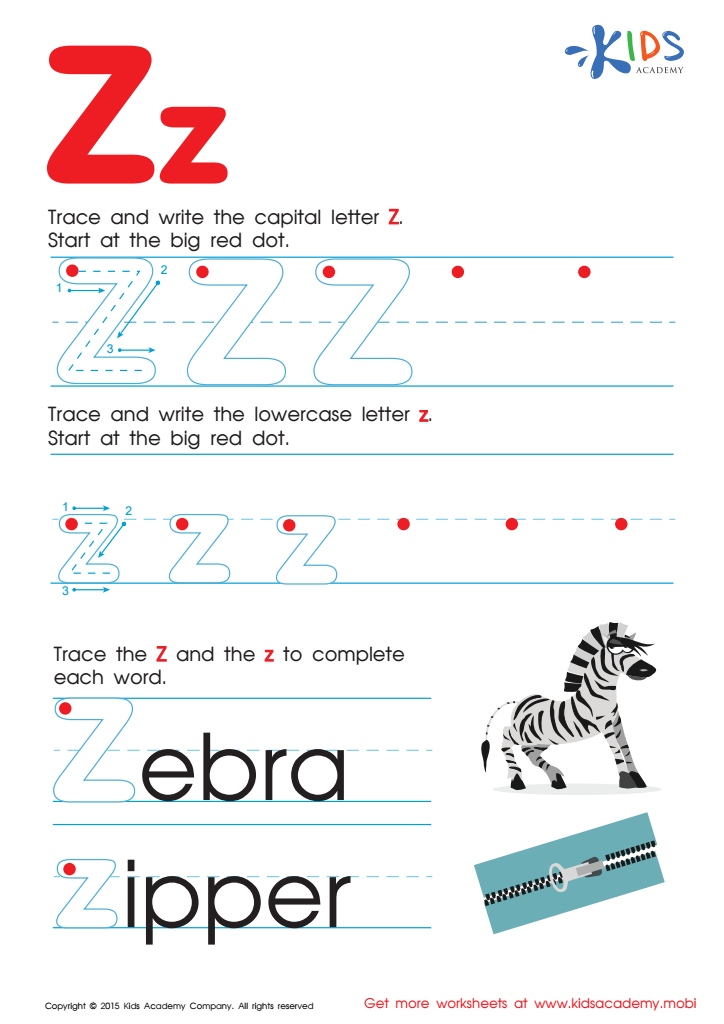

Letter Z Tracing Page
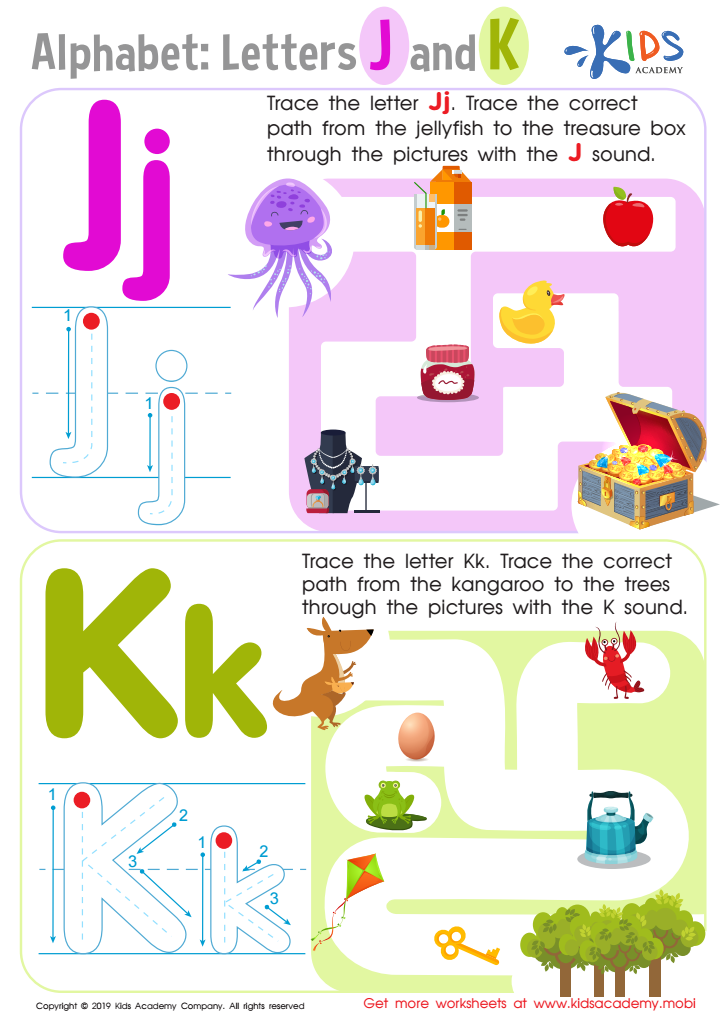

Letters J and K Tracing Worksheet
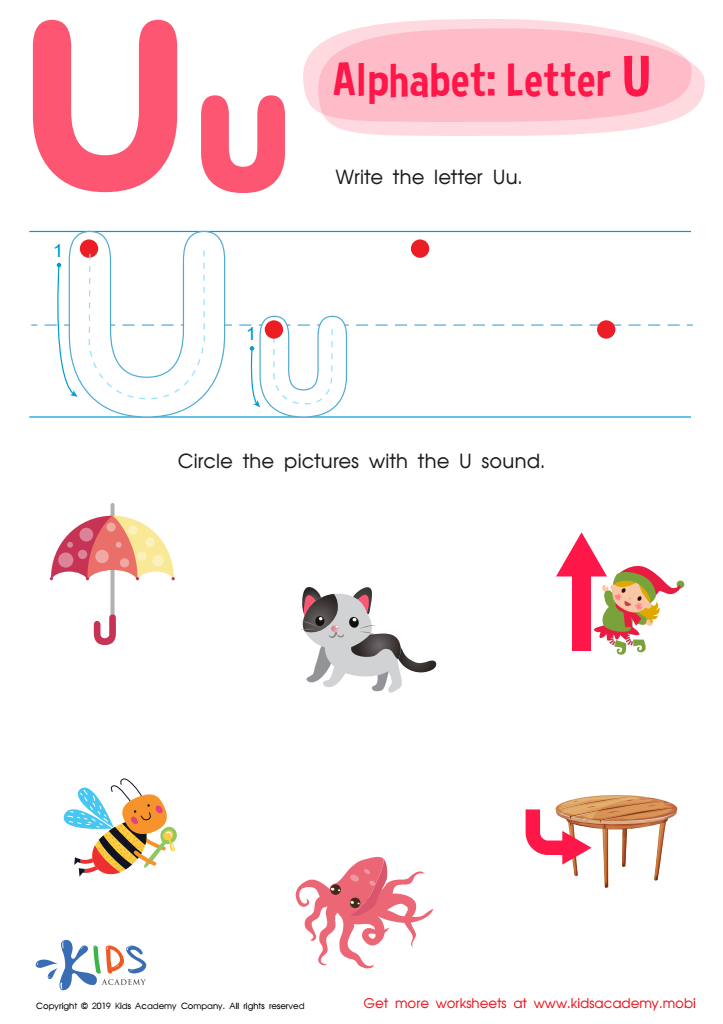

Letter U Tracing Worksheet
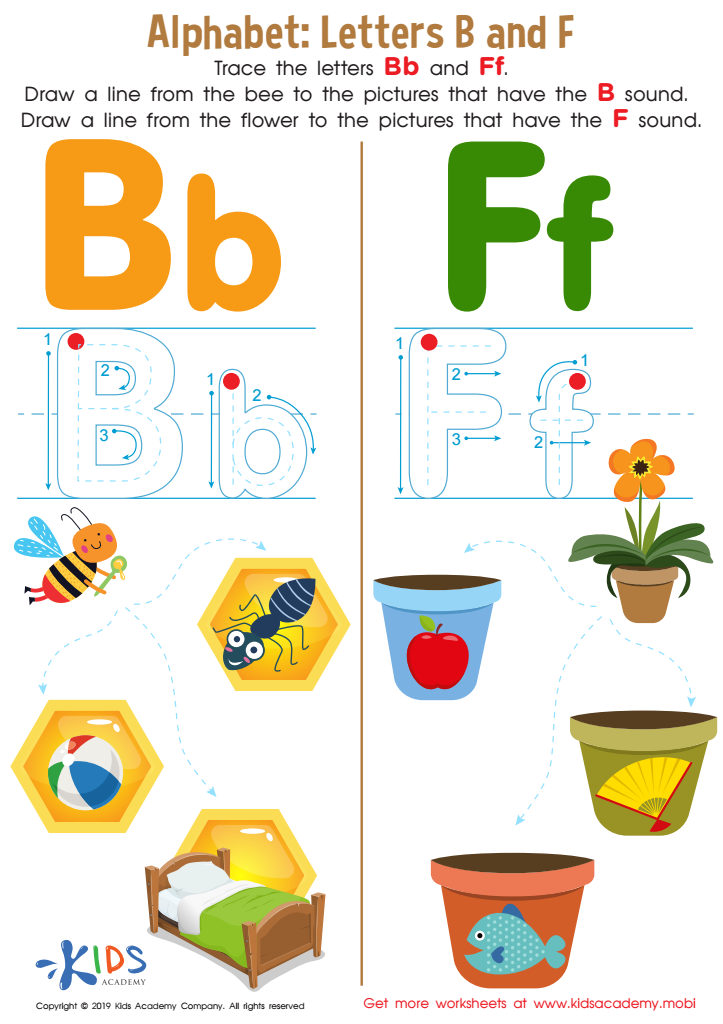

Letters B and F Tracing Worksheet
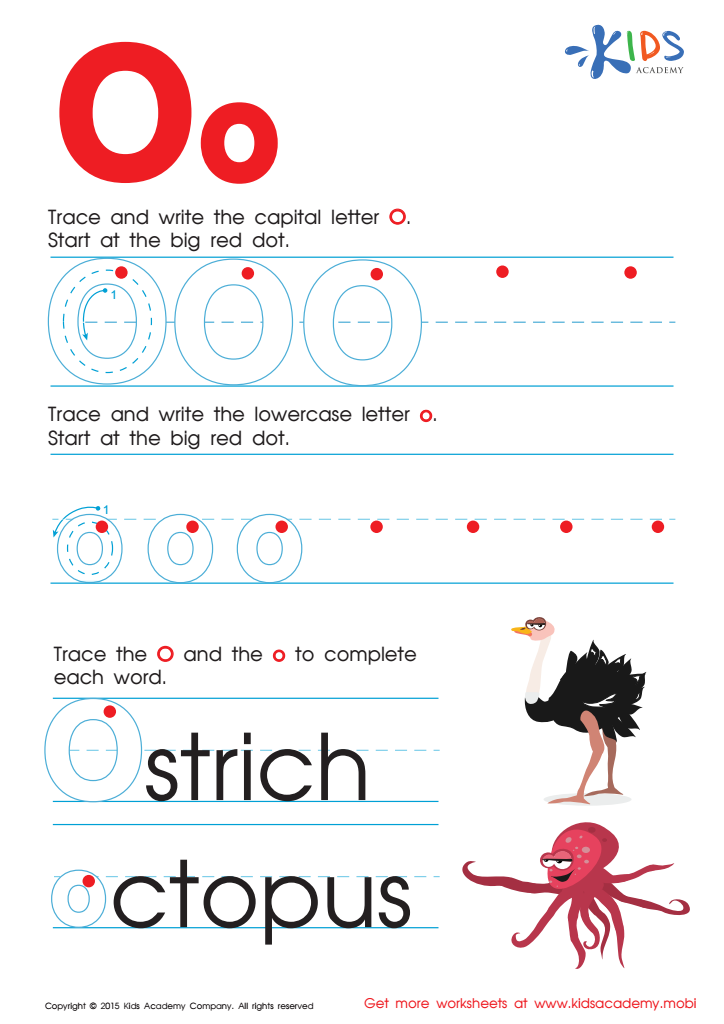

Letter O Tracing Page
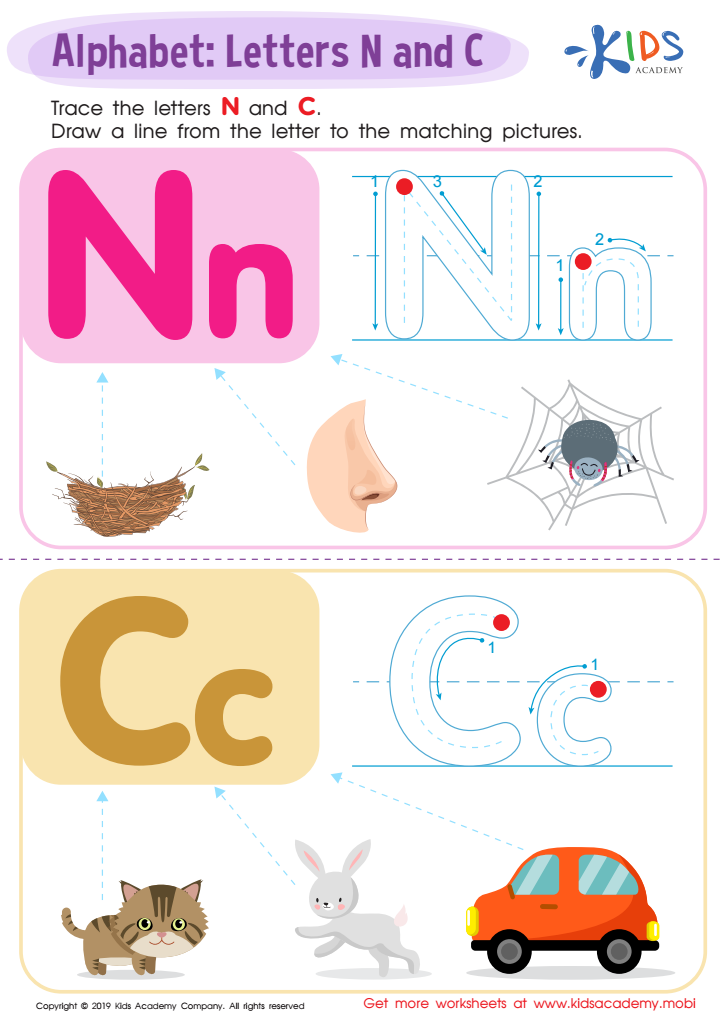

Letter N and C Tracing Worksheet


Letter R Tracing Page


Letter X Tracing Page


Letter P Tracing Page
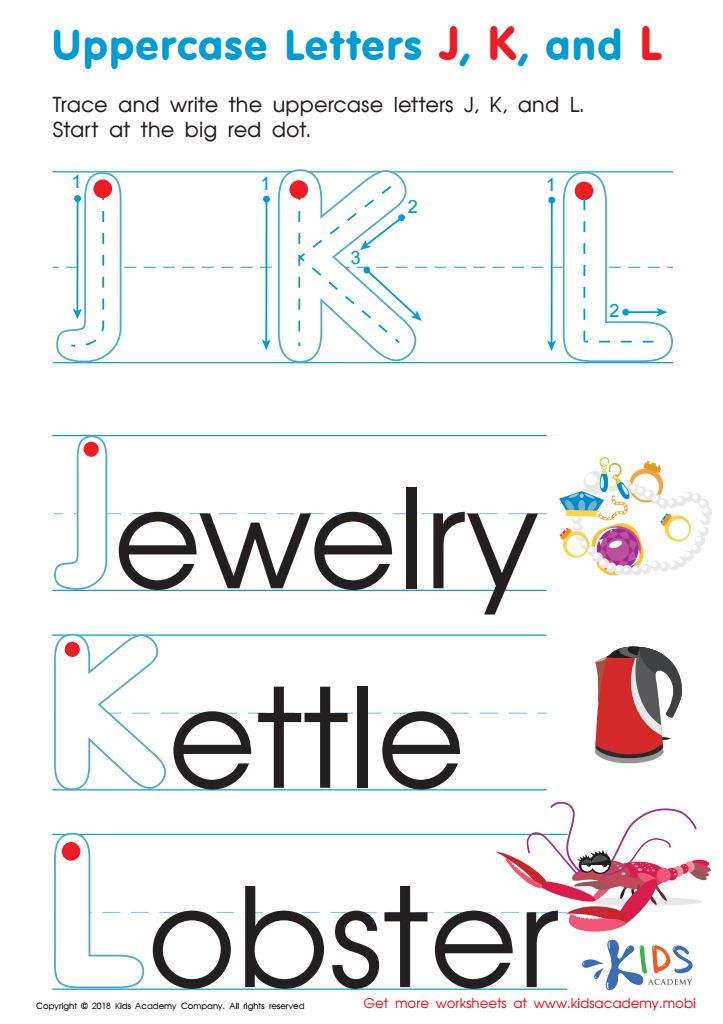

Uppercase Letters J, K, and L Worksheet
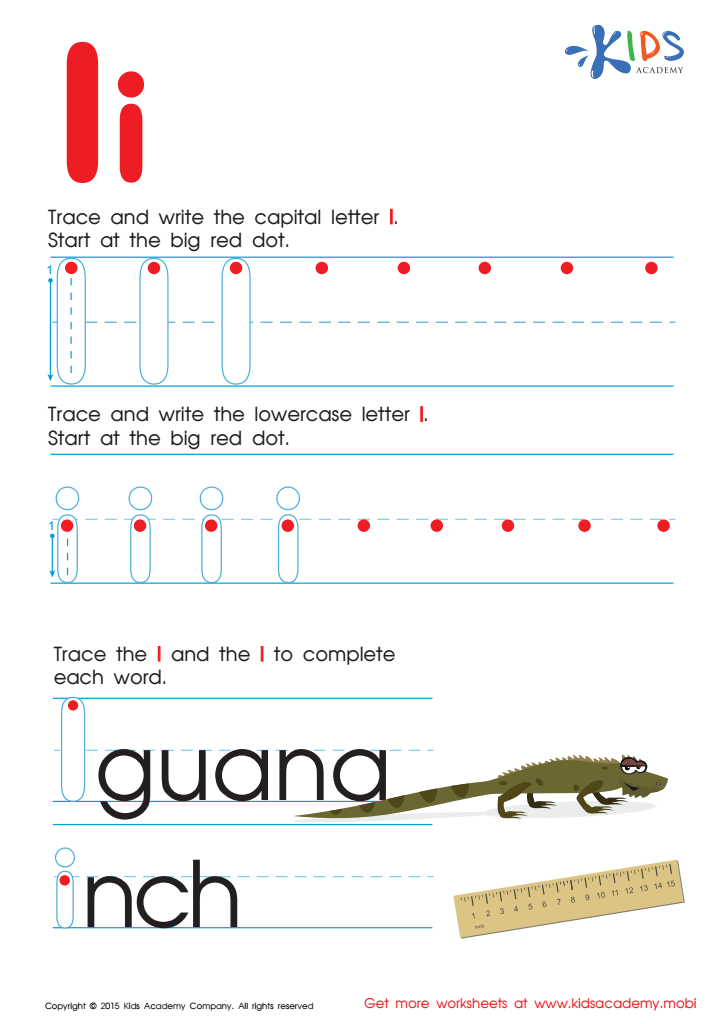

Letter I Tracing Page
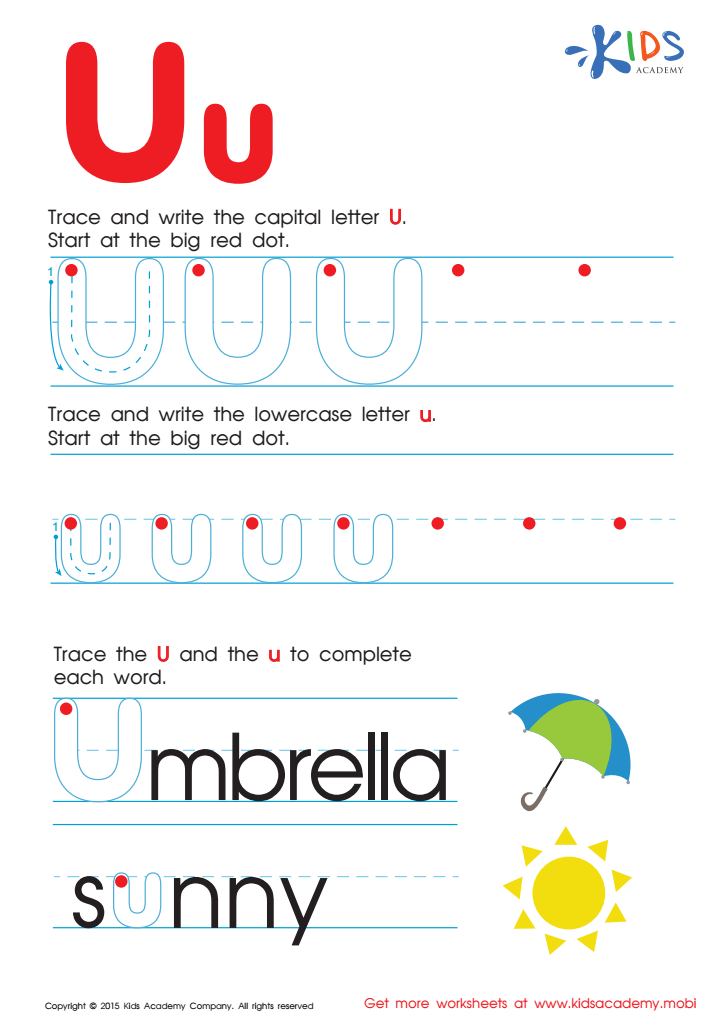

Letter U Tracing Page
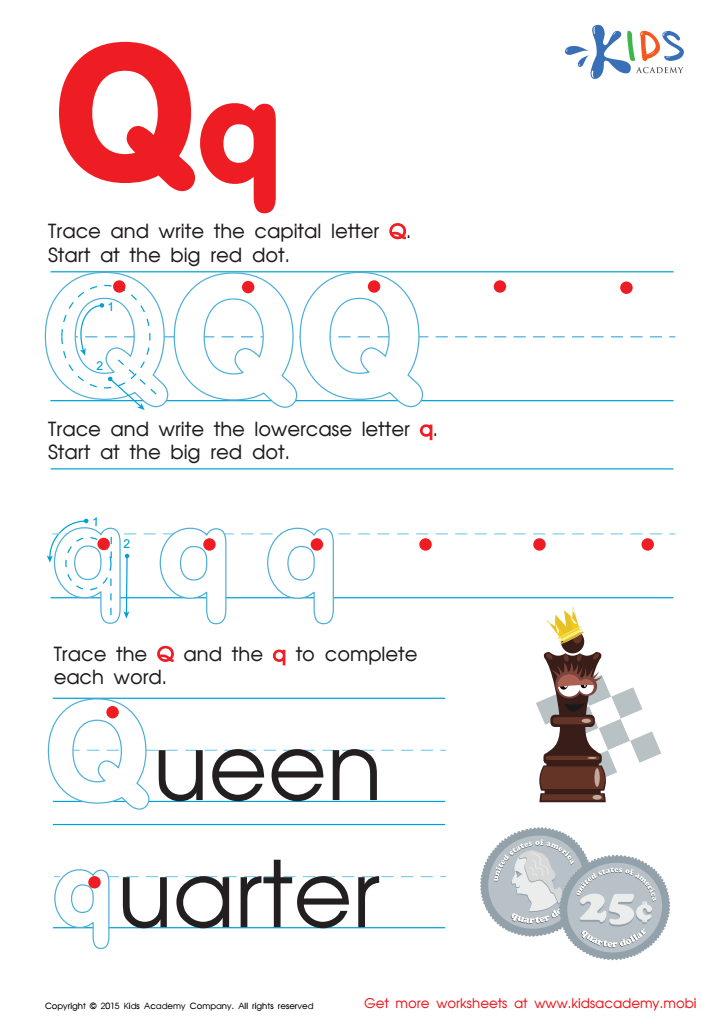

Letter Q Tracing Page
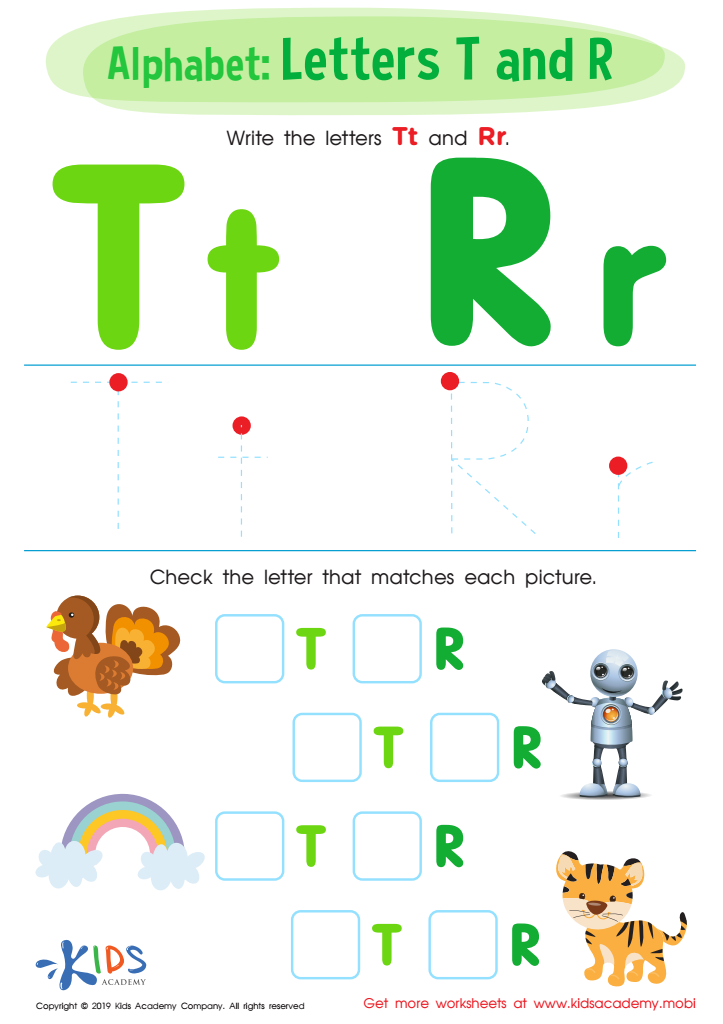

Letters T and R Worksheet
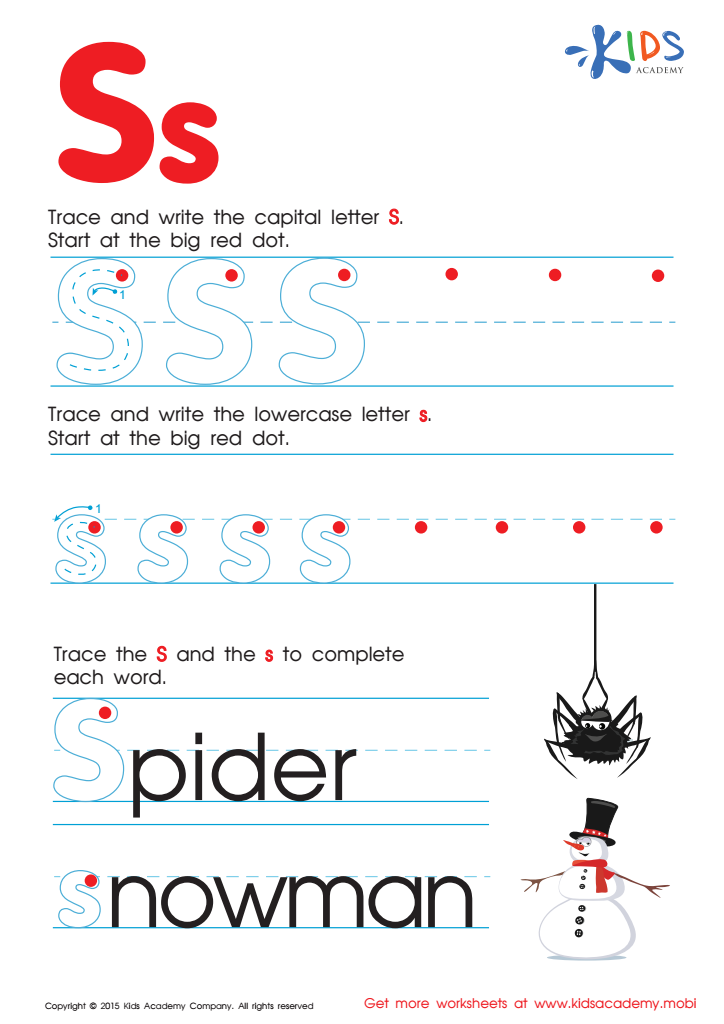

Letter S Tracing Page
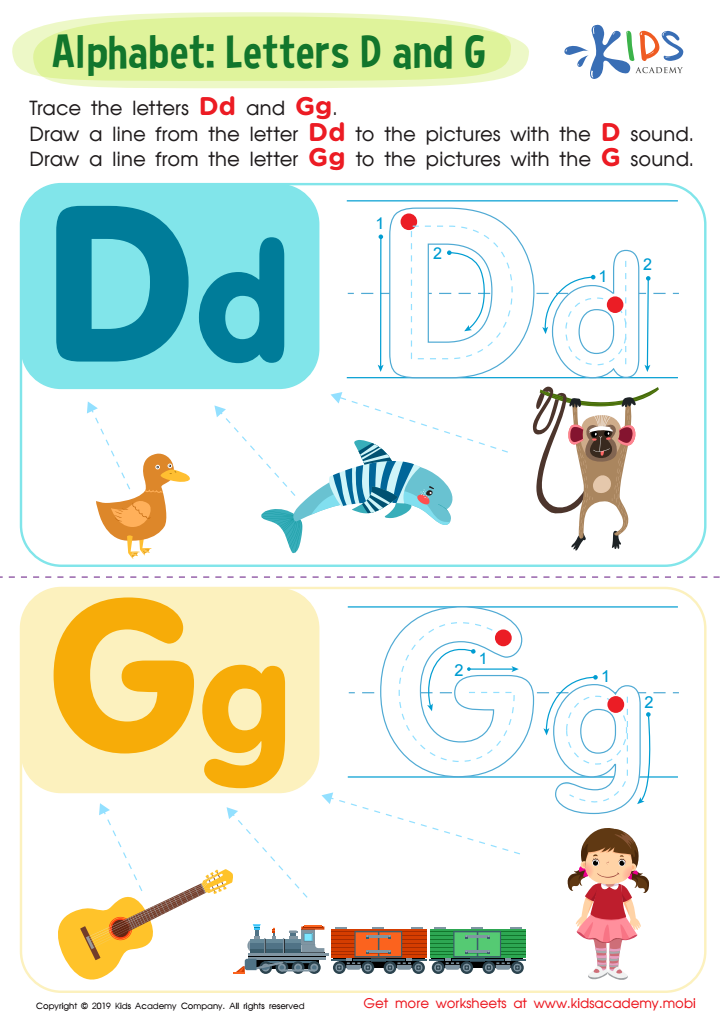

Letter D and G Tracing Worksheet
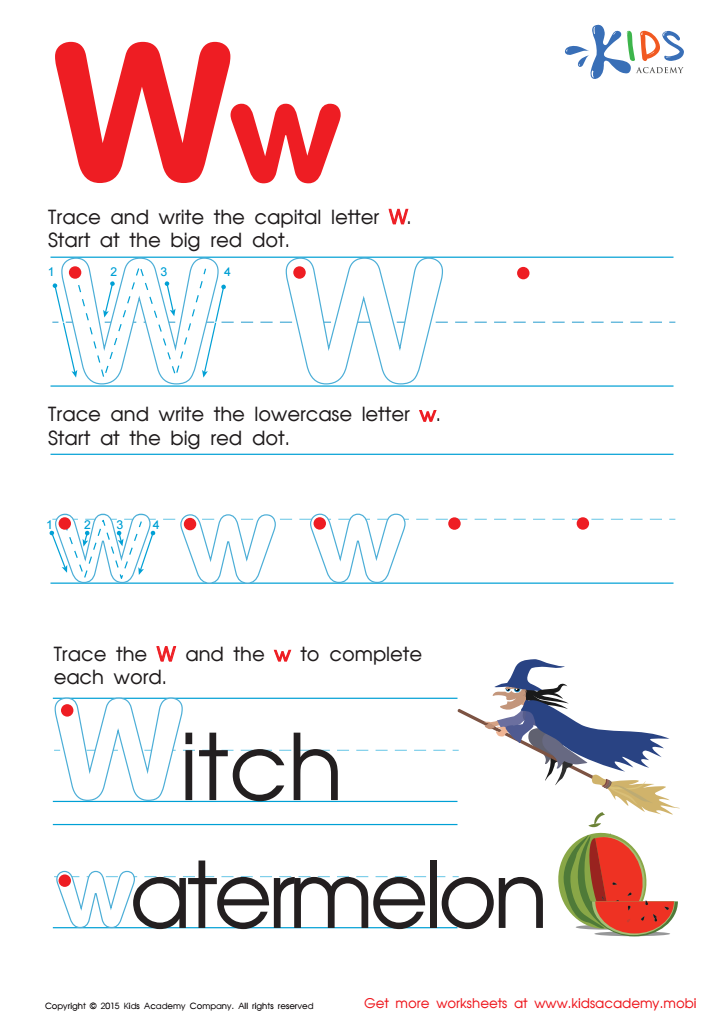

Letter W Tracing Page


Letter H Tracing Page
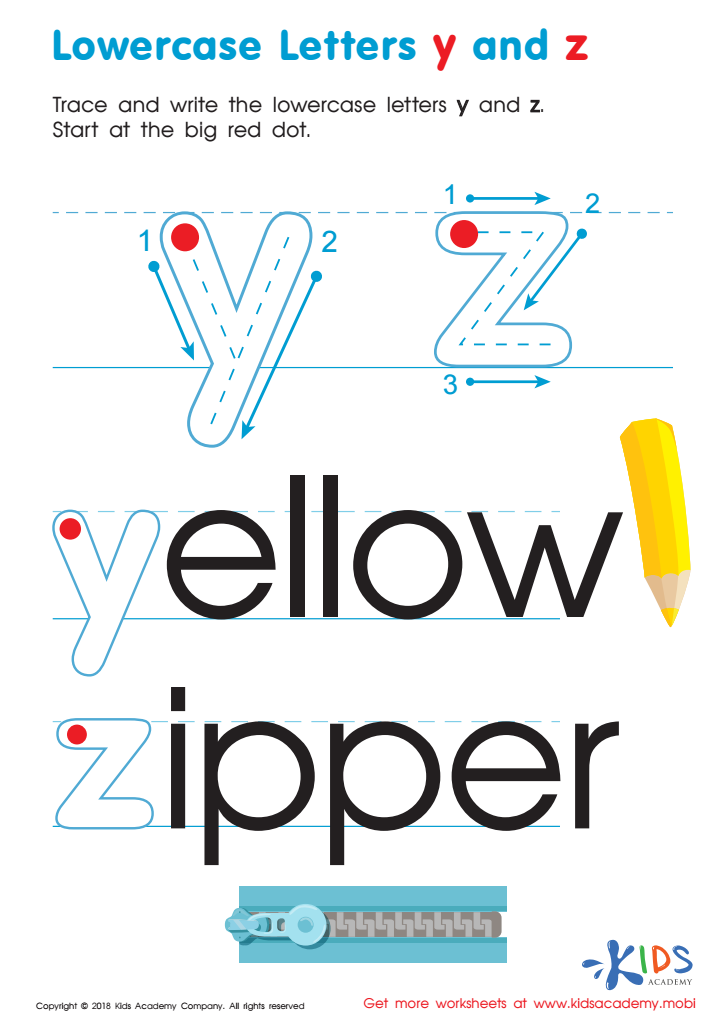

Lowercase Letters y z Worksheet
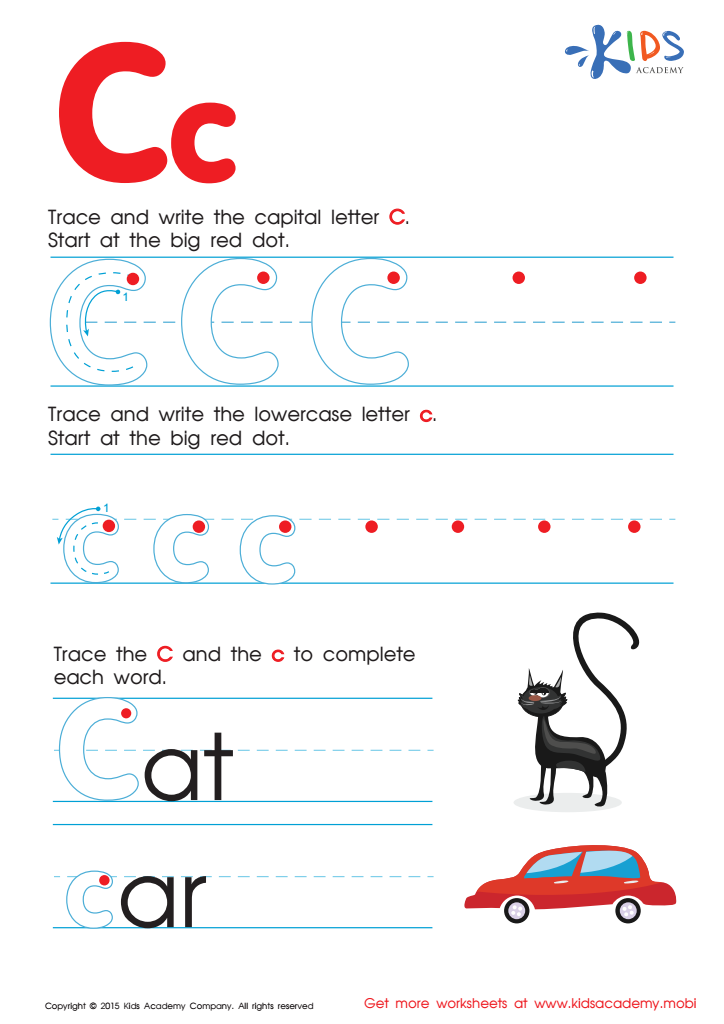

Letter C Tracing Page
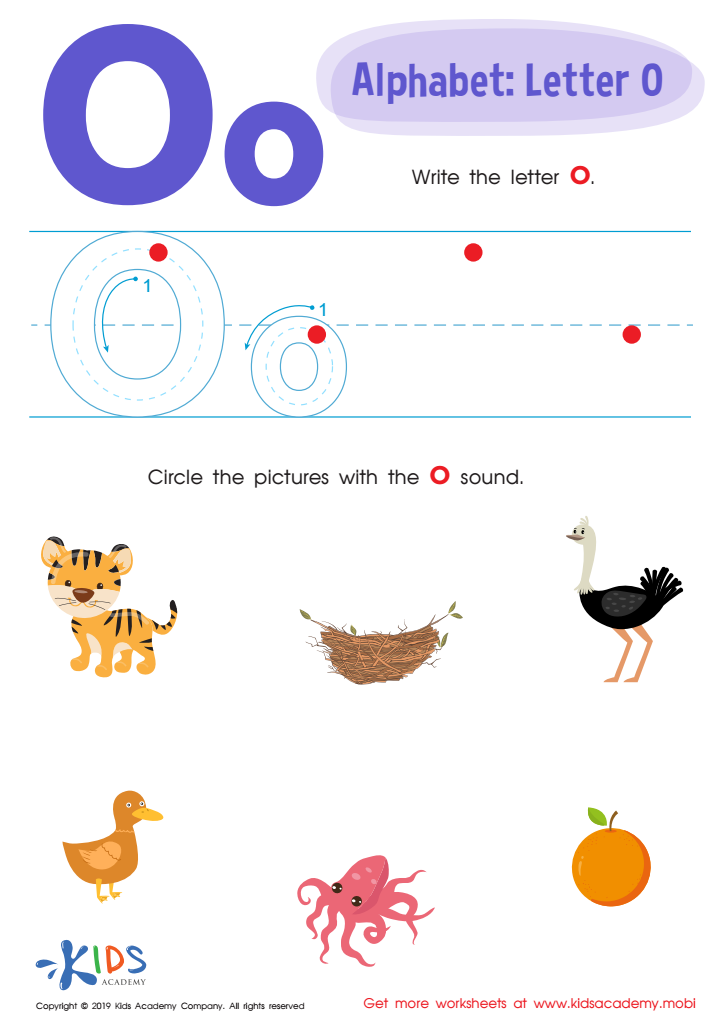

Letter O Tracing Worksheet
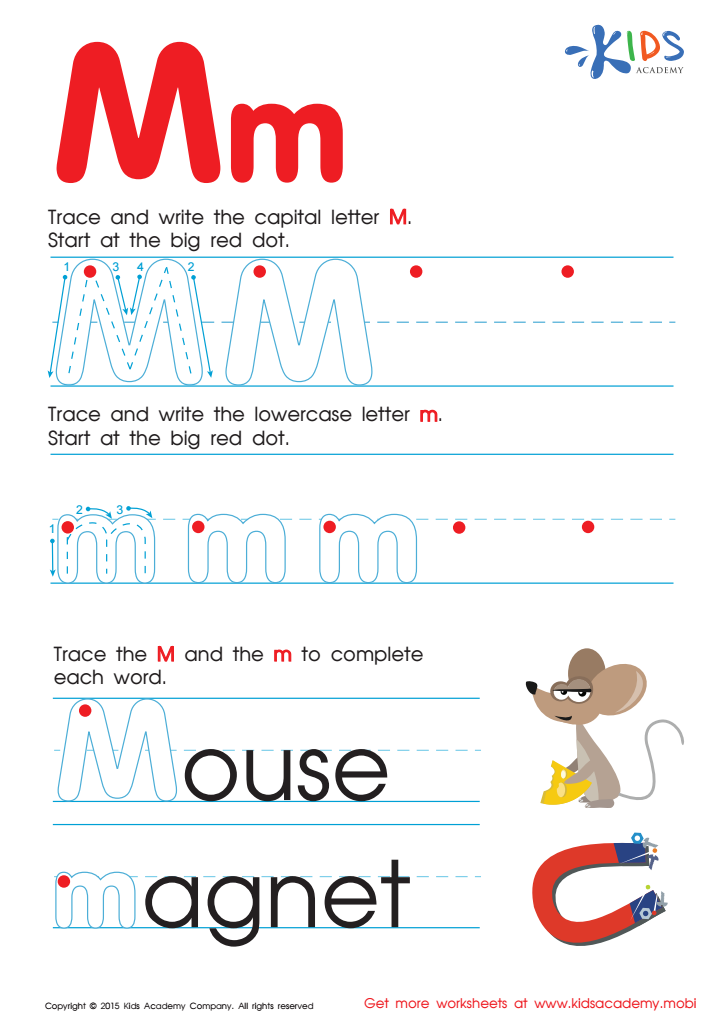

Letter M Tracing Page
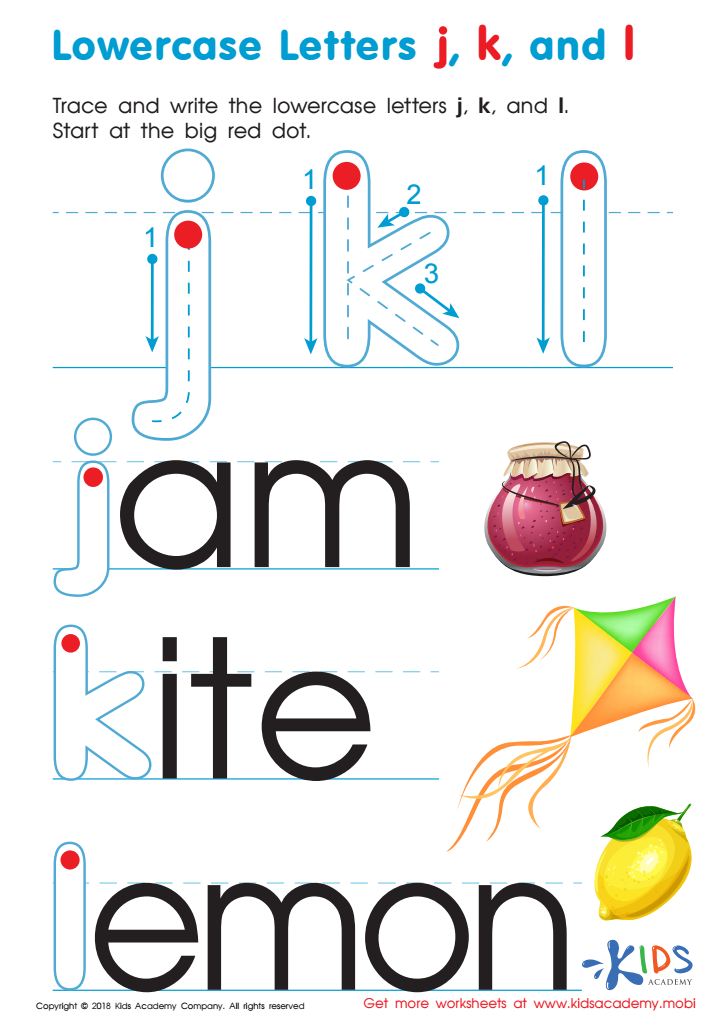

Lowercase Letters j k l Worksheet
Tracing Letters worksheets activities are an invaluable tool for early childhood education, offering a multitude of benefits that extend far beyond simple handwriting practice. These engaging and interactive exercises are expertly designed to lay the foundational skills necessary for effective communication, both in written and verbal forms. Let’s delve into why Tracing Letters worksheets activities are so beneficial.
Firstly, Tracing Letters worksheets activities enhance fine motor skills. As young learners follow the dotted lines to form letters, they develop control and dexterity in their hands and fingers. This improved motor control is essential not just for writing, but for performing everyday tasks such as tying shoelaces or buttoning clothes.
Moreover, these activities promote letter recognition, a critical step in early literacy. By tracing letters, children become familiar with their shapes and sounds, making it easier for them to progress to reading and spelling. This hands-on approach to learning ensures that children are engaged and able to absorb information more effectively.
Another significant advantage of Tracing Letters worksheets activities is the way they reinforce learning through repetition. The act of tracing the same letter multiple times helps to solidify the child’s understanding and recall of the alphabet. This repetitive practice is crucial for memory retention and the mastery of the alphabet.
Furthermore, these worksheets activities encourage independent learning. Children can proceed at their own pace, experiencing the satisfaction of mastering a task on their own. This fosters a love of learning and boosts self-confidence, as young learners see their handwriting improve over time.
Lastly, Tracing Letters worksheets activities are incredibly versatile, suitable for both classroom environments and home learning. They provide parents and educators with an easily accessible resource to support children’s educational development.
In conclusion, Tracing Letters worksheets activities are a fundamental tool in early education, offering benefits that extend far beyond handwriting. By enhancing fine motor skills, promoting letter recognition, reinforcing learning through repetition, encouraging independent learning, and being versatile educational tools, they lay a solid foundation for a child’s academic journey and overall development.
 Assign to My Students
Assign to My Students


.jpg)













